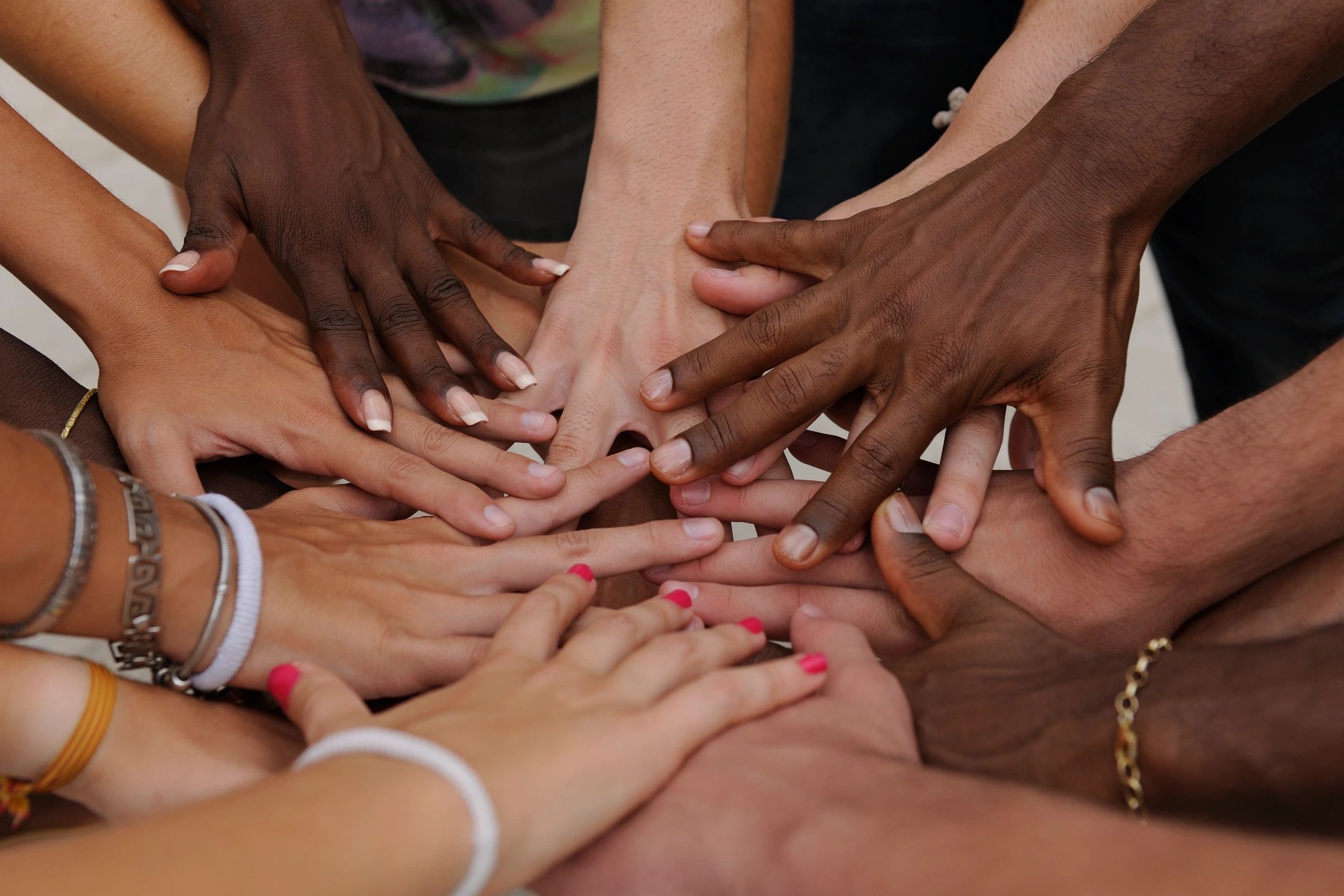The DGWW process can be summarized in the following steps:
1) Express your interest in participating by registering as a DGWW member. It's free. Use the login/register link at the top of the screen.
2) Meet your mentor or mentee. After you register we will contact you, find you a match, and will introduce the mentor, mentee and parent or guardian.
3) Learn what it takes to be safe in a workshop. To avoid woodworking accidents, we require that DGWW members know how to use it safely. We have assembled appropriate safety information within this website, and we award "digital badges" when members have proven they know how to work safely. You will need to earn safety badges before getting access to power tools.
4) Identify a project. DGWW is project driven. Once you know what you want to build, you can learn to sue the tools, and build it. There are lots of places to get project ideas, including:
- From the"Project Ideas" forum on our website
- From other sources on the Internet like the Etsy Store
- By seeing the wooden products that are all around you, and
- From your own imagination
5) Determine which tools you will need. Once you know what you'll be making, the mentor can help identify the tools that will be needed.
6) Earn the badges that allow access to these tools. Using the resources assembled on the DGWW website, you can learn what you need to know and earn the digital badges that prove you are ready.
7) Work with a mentor to complete the project. The mentor will help determine a location where the tools can be used and the project can be completed. Parents and friends are always welcome to observe, and even to participate if they have earned the safety badges.
8) Install or sell the project. When it's finished, all that's left is to put the project in place and use it, or, if you made it for sale, to sell it. DGWW helps members develop the skills and knowledge they need to sell their work. too!
9) Consider how you might donate some of the profits. One way Doing Good with Wood "does good" is by helping other people. One way to do this is by donating a part of DWGG project profits to individuals or organizations.
Other steps in the preparation stage include:
- Finding or developing plans showing the pieces and how they come together.
- Finding or creating a parts list
- Estimating the cost of the materials
- Acquiring the materials (this can be done in stages as the product emerges)
- Scheduling time in the shop with a Mentor.

